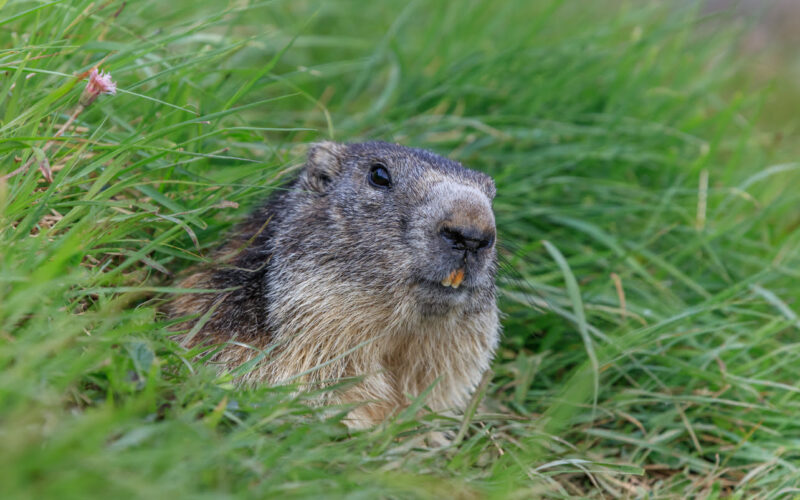Introduction
It is widely known that animals hibernate, and most people know this. However, during the winter, do they just sleep to avoid movement? Also, why do they need hibernation?
Why do some animals hibernate?
A way for many creatures to survive the cold winter without moving to warm places or looking for food is to hibernate. Animals in high temperatures hibernate in a form called aestivation. This method helps animals survive in very hot weather, drought, or a lack of food. However, hibernation is difficult to define as simply sleeping. Some species experience long and deep unconsciousness during hibernation, while others experience mild inactivity. However, hibernation is not safe because hibernating animals are threatened by their predators and unpredictable climates (Couzens, 2022).
During hibernation, animals’ breathing and heart rates gradually decrease, and there are even animals whose body temperature drops below zero. They don’t eat anything, and they don’t even excrete. These actions happen to reduce their energy use as much as possible.
In the case of small animals, they tend to hibernate instead of migrating because going to other areas requires so much energy compared to their size. However, big animals cannot hibernate because they need the energy to keep their bodies warm (Grabianowski, 2008).
When do they start to hibernate?
Each species has a different time to hibernate and different methods of recognizing when to hibernate. The biggest influence on hibernation is temperature. They prepare to hibernate when the temperature outside drops. When the temperature rises, they wake up from their hibernation. Thus, periods of hibernation are not constant because they can vary depending on the time of year and the weather.
Other species pay attention to their food supply. When food is reduced, they recognize that they need to gather the rest of their current feed and prepare for hibernation.
Many animals will hibernate at about the same time each year, even if they have no idea what the temperature is, how early the sun is setting, or how the food supply is going. Experiments with the same conditions show that some species will automatically hibernate at the right time under the influence of the biological calendar in their bodies. We don’t understand this perfectly, but it affects all animals and humans (Grabianowski, 2008).
What’s the difference between hibernation and sleep?
The general meaning of hibernation is a long-term condition in which body temperature reduces dramatically, metabolism slows rapidly, and the person falls into a coma that takes time to recover. According to this definition, bears do not hibernate because their body temperature decreases only slightly, and they wake up easily. With that said, not everyone agrees with this explanation.
Hibernation is not just a really long sleep. During hibernation, animals do not just fall asleep, but they undergo very rapid physiological changes. The most important factor in hibernation is a decrease in body temperature, and certain animals go down to 63 degrees Fahrenheit. The vital signs of hibernating animals are very different from those of animals that are not hibernating.
On the other hand, sleep mostly undergoes mental changes. Sleep has physiological features similar to hibernation, such as a decrease in heart and respiratory rates and a decrease in body temperature, but these changes occur very minutely compared to hibernation. It is also not difficult to wake up after sleeping. If people fall into a deep sleep, when they wake up, it takes them only a few minutes to fully wake up. Sleep is mainly specified by changes in brain activity. In fact, the brain waves of hibernating animals are very similar to the brain wave patterns when they are not hibernating, but they are somewhat contained. When an animal wakes up from hibernation, many symptoms of sleep deprivation appear, and it needs to get enough sleep for a few days to recover from it (Grabianowski, 2008).
Conclusion
Generally, people know that hibernating animals get a good night’s sleep throughout the winter. However, in fact, they are not sleeping deeply but are finding ways to survive the cold winter by saving their energy consumption by minimizing movement, not even eating food or excreting. In fact, some species go into deep unconsciousness during hibernation, while others engage in light activities.
References
Couzens, D. (2022). What is hibernation? [online] Discover Wildlife. Available at: https://www.discoverwildlife.com/animal-facts/what-is-hibernation/ [Accessed 10 November 2022].
Grabianowski, E. (2008). How Hibernation Works. [online] HowStuffWorks. Available at: https://animals.howstuffworks.com/animal-facts/hibernation.htm [Accessed 10 November 2022].
